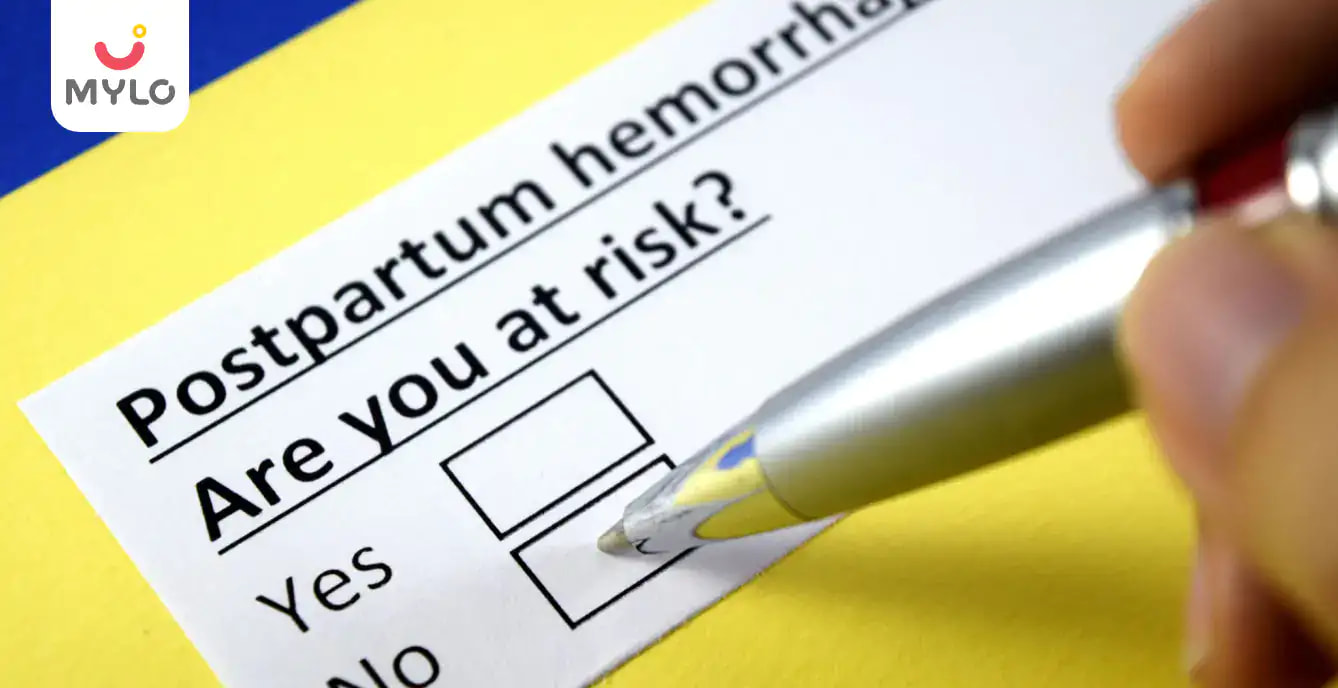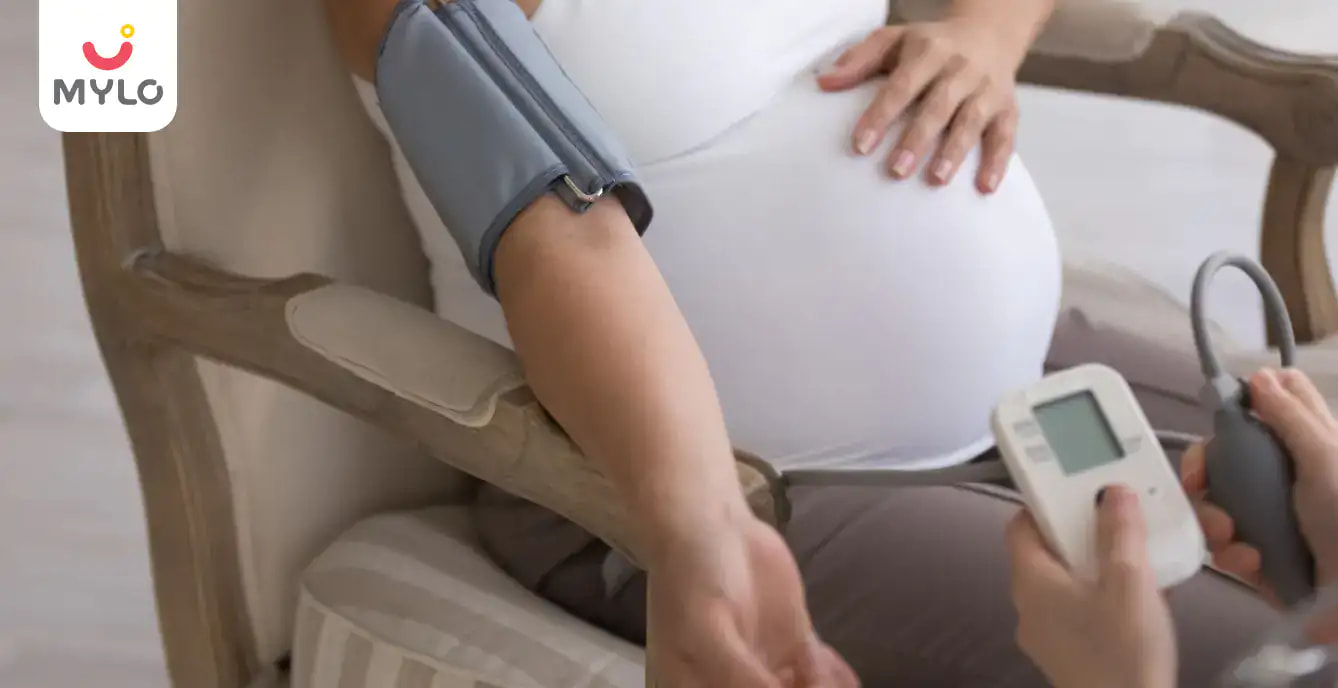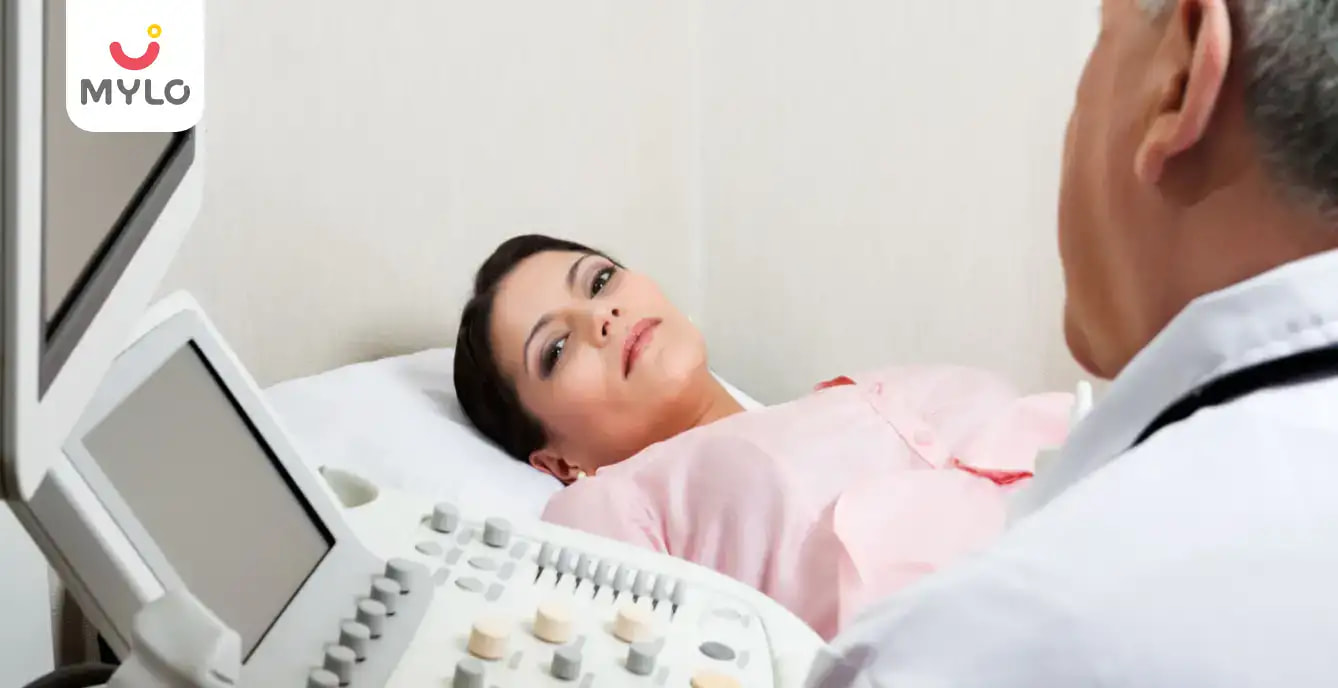Home

Preeclampsia

Pre Eclampsia: Meaning, Causes & Symptoms
In this Article
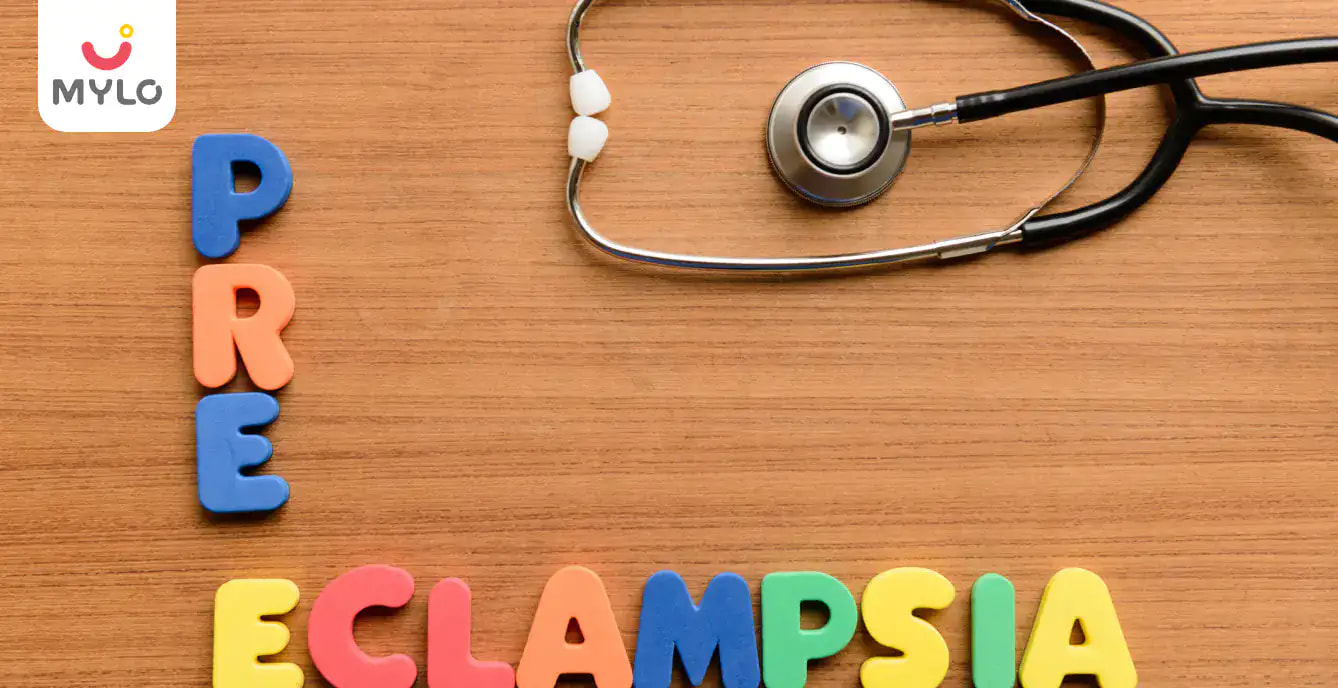
Preeclampsia
Pre Eclampsia: Meaning, Causes & Symptoms
Updated on 18 April 2023
Pre eclampsia is a serious pregnancy complication that usually occurs after 20 weeks of pregnancy. Women with preeclampsia in pregnancy experience symptoms like high blood pressure, high levels of protein in their urine, swelling, headaches and blurry vision. Pre eclampsia must be treated urgently as it can lead to fatal complications for both the mother and her baby.
Preeclampsia Meaning
Pre eclampsia is a serious pregnancy complication characterized by blood pressure higher than 140/90 mmHg and high levels of protein in the urine. Preeclampsia in pregnancy can develop after 20 weeks of pregnancy and can cause serious stress on the heart and other internal organs. Additionally, it can affect the blood supply to the placenta, damage liver and kidney function and cause fluid buildup in the lungs. Because of these risks to both the mom and her baby, pre-eclampsia must be treated.
Symptoms of Pre-Eclampsia
Many women with pre-eclampsia don’t experience any symptoms. For those that do, some of the early signs of pre eclampsia include high blood pressure, protein in the urine and fluid retention.
Other symptoms of pre eclampsia include:
- Severe headaches
- Blurred vision or light sensitivity
- Pain in the right side of the abdomen
- Swelling in hands and face
- Shortness of breath
Severe pre eclampsia symptoms include:
- Blood pressure higher than 160/110 mmHg
- Decreased liver or kidney function
- Low blood platelet count
- Decreased urine production
You may also like: When to Make an Emergency Doctor Visit During Pregnancy?
Causes of Preeclampsia
The exact cause of pre-eclampsia has not yet been discovered. However, experts believe that pre-eclampsia may begin in the placenta- the organ that develops in the uterus during pregnancy and nourishes the fetus. During early pregnancy, new blood vessels develop and mature to supply oxygen and nutrients to the placenta. These blood vessels don’t work properly or develop in women with pre-eclampsia. As a result, poor blood circulation in the placenta may lead to poor regulation of blood in the expecting mother.
How Common is Preeclampsia?
Preeclampsia in pregnancy is known to affect up to 8% of all deliveries around the world. In India, around 8-10% of pregnant women are known to develop preeclampsia in pregnancy.
How is it Diagnosed?
Pre eclampsia is often diagnosed during your routine prenatal visits when your doctor checks your weight gain, blood pressure and urine. If they suspect you to have pre eclampsia, they may order additional blood tests to check your liver and kidney functions. Additionally, they may suggest a urine collection to watch for high protein levels in the urine and perform an ultrasound or other fetal monitoring to assess the fetus size and amniotic fluid levels.
How is Preeclampsia Treated?
The treatment of pre eclampsia generally depends on its severity and how far along the expecting mother is in her pregnancy. If you’re diagnosed with preeclampsia in pregnancy early on then, the doctor will try to manage the symptoms until it’s time to deliver the baby. If you’re diagnosed late during pregnancy, then the doctor may deliver the baby after 37 weeks.
A more severe pre-eclampsia may require hospitalization so that the blood pressure can be monitored round-the-clock along with any possible complications. The doctor may give antihypertensive drugs to bring down the blood pressure, anticonvulsant medicines to prevent seizures and corticosteroids to promote the lung development of baby before delivery.
You may also like: What is a High Risk Pregnancy: Causes, Types, Warning Signs & Management
When to see a doctor?
Preeclampsia in pregnancy can be a fatal condition with adverse outcomes for both the expecting mother and her baby. If you’re pregnant and experience the following symptoms, contact your doctor or rush to a hospital immediately:
- Blurred vision
- Dark spots in vision
- Shortness of breath
- Severe and relentless headache
- Shooting pain in the right side of the abdomen
- Swelling in hands and face
- Seizure-like convulsing or twitching
Final Thoughts
Pre eclampsia is a serious pregnancy complication that you may not even be aware of and have. It’s important to go to all your prenatal visits and discuss all the symptoms you’re experiencing with your doctor. If diagnosed early, pre-eclampsia can be treated and managed to keep both you and your baby safe and healthy.



Written by
Ravish Goyal
Official account of Mylo Editor
Read MoreGet baby's diet chart, and growth tips

Related Articles
Related Topics
RECENTLY PUBLISHED ARTICLES
our most recent articles
Illnesses & Infections
Baby Diarrhea: Causes, Symptoms & Treatment
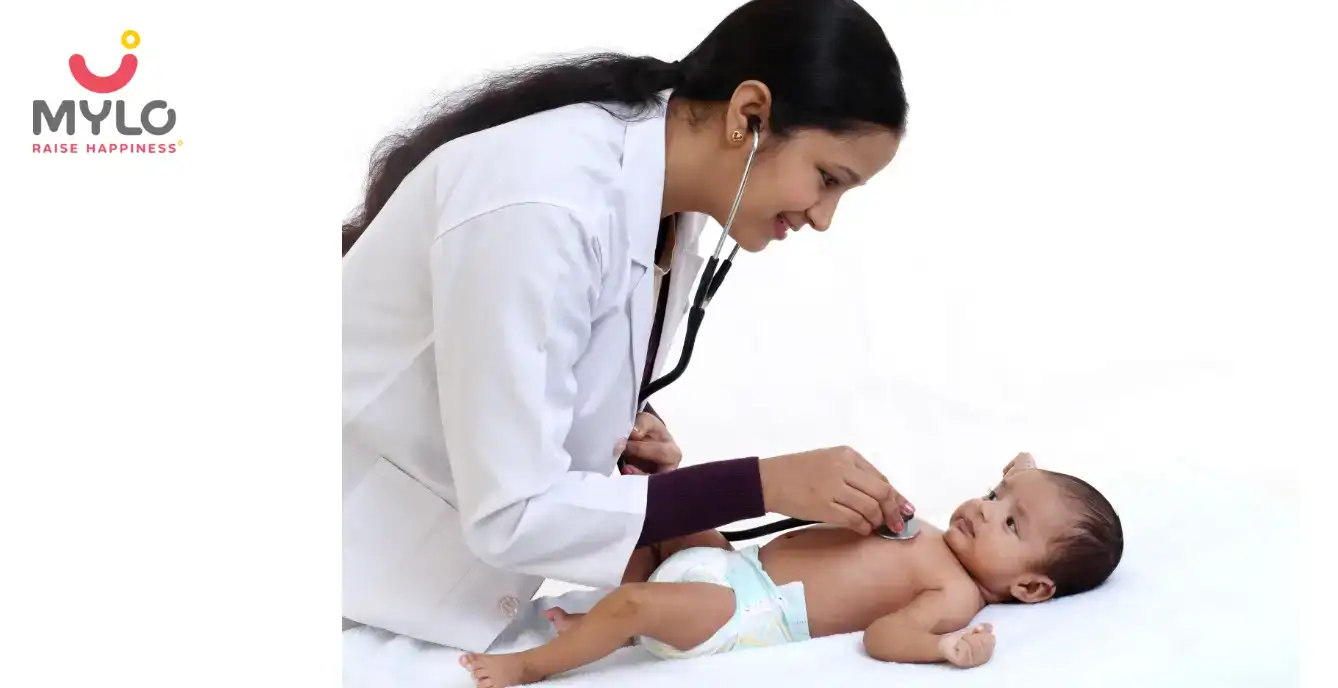
Illnesses & Infections
Bronchiolitis: Causes, Symptoms & Treatment

Pelvic Pain in Pregnancy: Symptoms & Treatment

Pregnancy Journey
Saliva During Pregnancy: Causes & Prevention
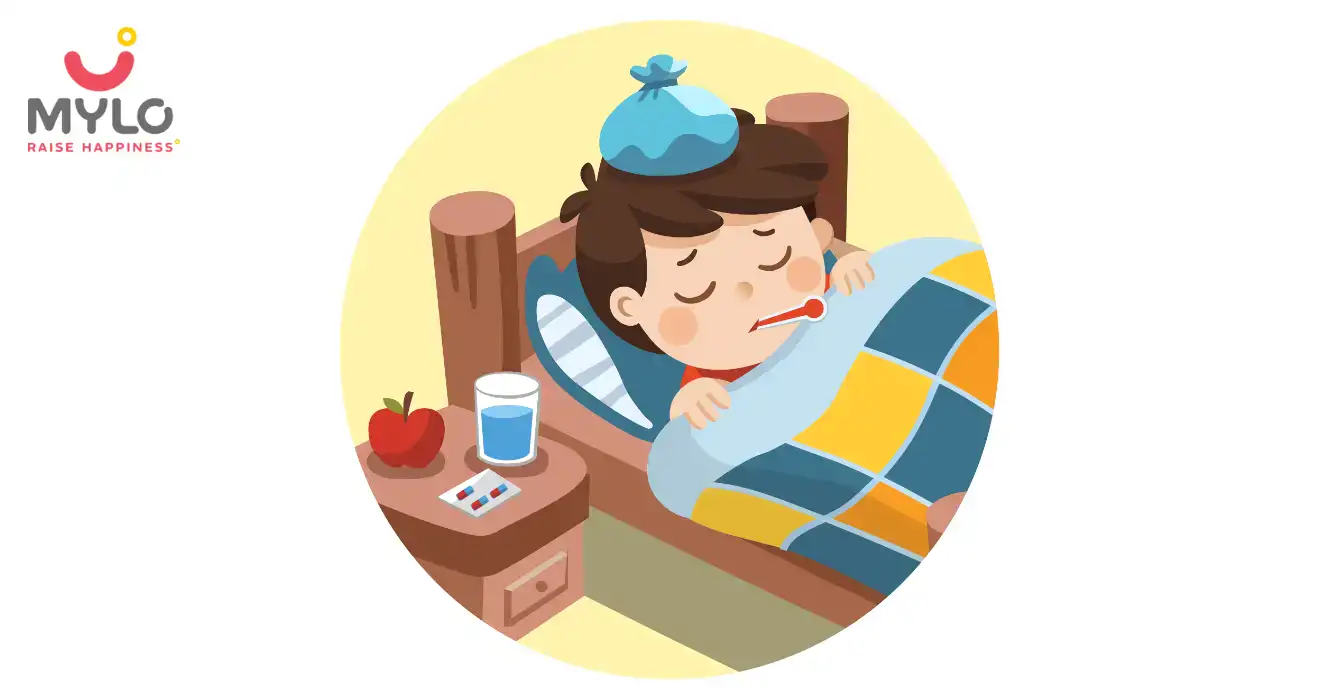
Fever
Effective Ways to Treat Jaundice in Children: Expert Tips for a Speedy Recovery

Fun & Humour
10 Best Original Movies to Watch on Netflix
- Flu, Change of Season or New Covid Variant, XBB.1.16- What’s Causing These Symptoms?
- 5 Ways In Which Music Can Boost Your Baby's Brain Development
- How to Stop Baby Hiccups: Everything You Need to Know
- “Staying Active and Healthy: The Benefits of Safe Exercise During Pregnancy”
- Appendicitis In Pregnancy Symptoms, Diagnosis & Surgery
- 5 Common Myths Busted About Baby Sleep
- “Ectopic Pregnancy: All You Need to Know About This Complication”
- Importance of Typhoid vaccines
- Benefits of eating nuts
- Can One Induce Labor Naturally?
- Should One Consider Keeping Their Pregnancy A Lowkey News?
- Destination decide
- After delivery pregnancy
- Mylo....


AWARDS AND RECOGNITION

Mylo wins Forbes D2C Disruptor award

Mylo wins The Economic Times Promising Brands 2022
AS SEEN IN

- Mylo Care: Effective and science-backed personal care and wellness solutions for a joyful you.
- Mylo Baby: Science-backed, gentle and effective personal care & hygiene range for your little one.
- Mylo Community: Trusted and empathetic community of 10mn+ parents and experts.
Product Categories
baby carrier | baby soap | baby wipes | stretch marks cream | baby cream | baby shampoo | baby massage oil | baby hair oil | stretch marks oil | baby body wash | baby powder | baby lotion | diaper rash cream | newborn diapers | teether | baby kajal | baby diapers | cloth diapers |



